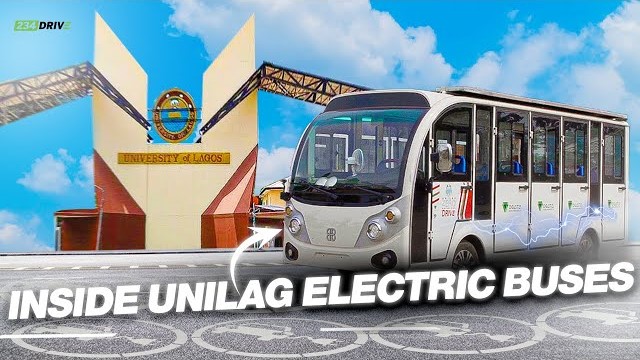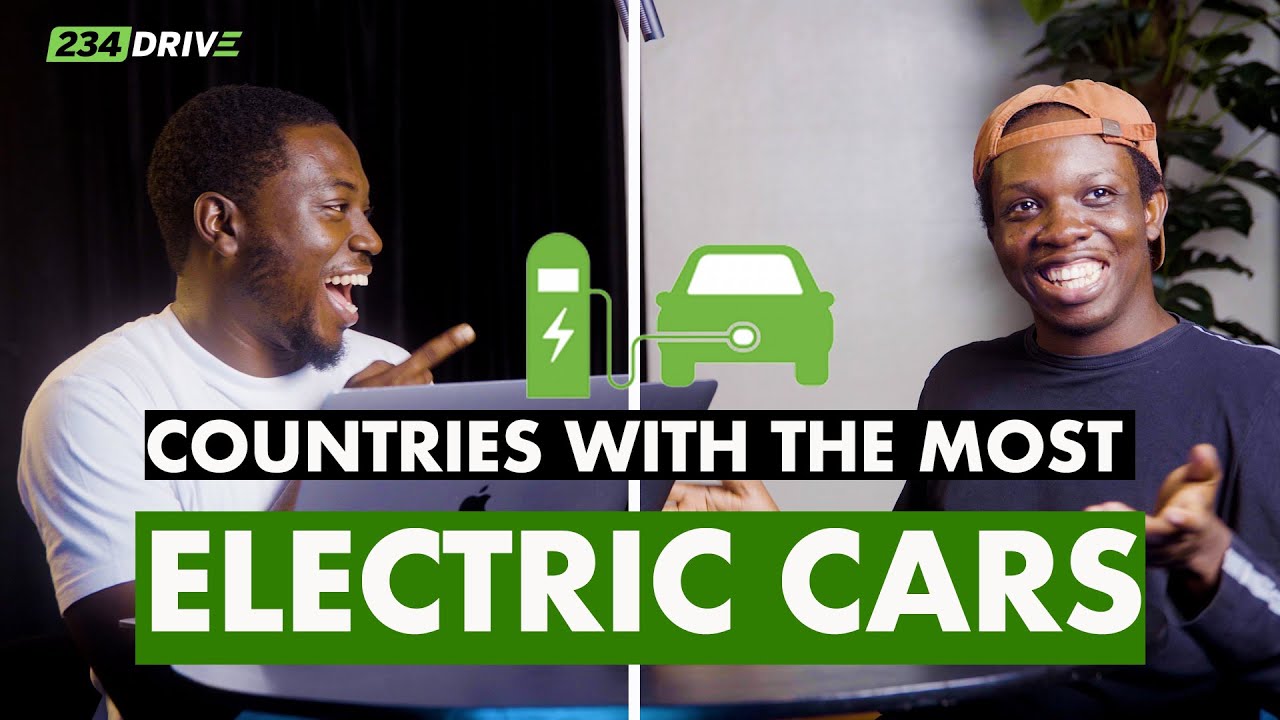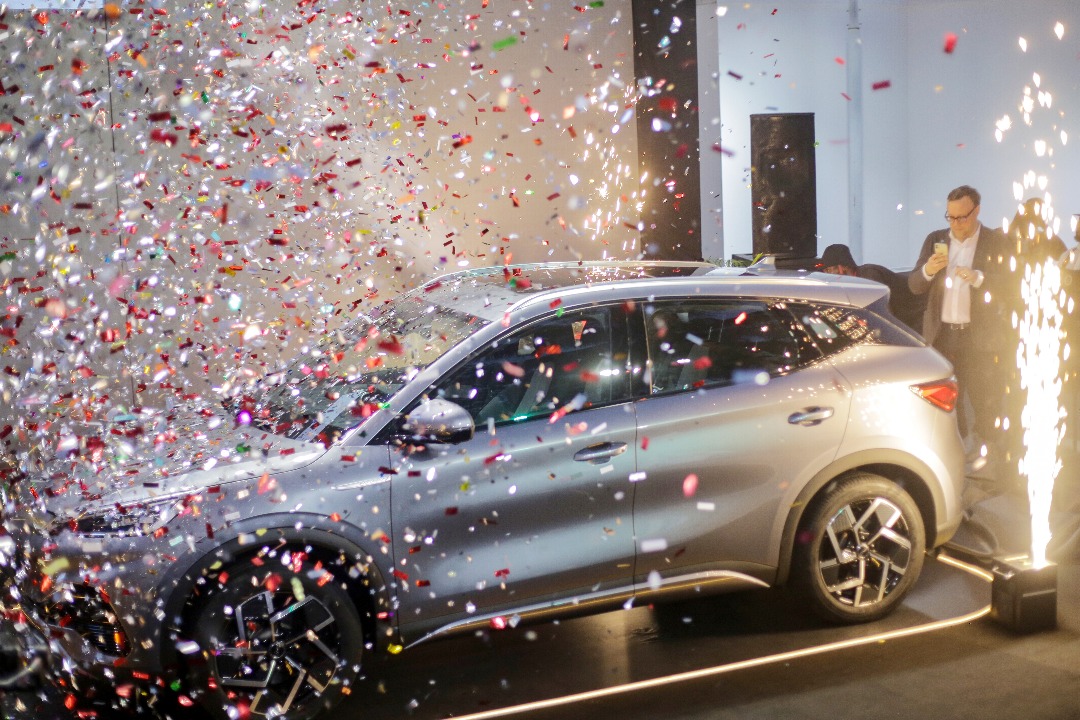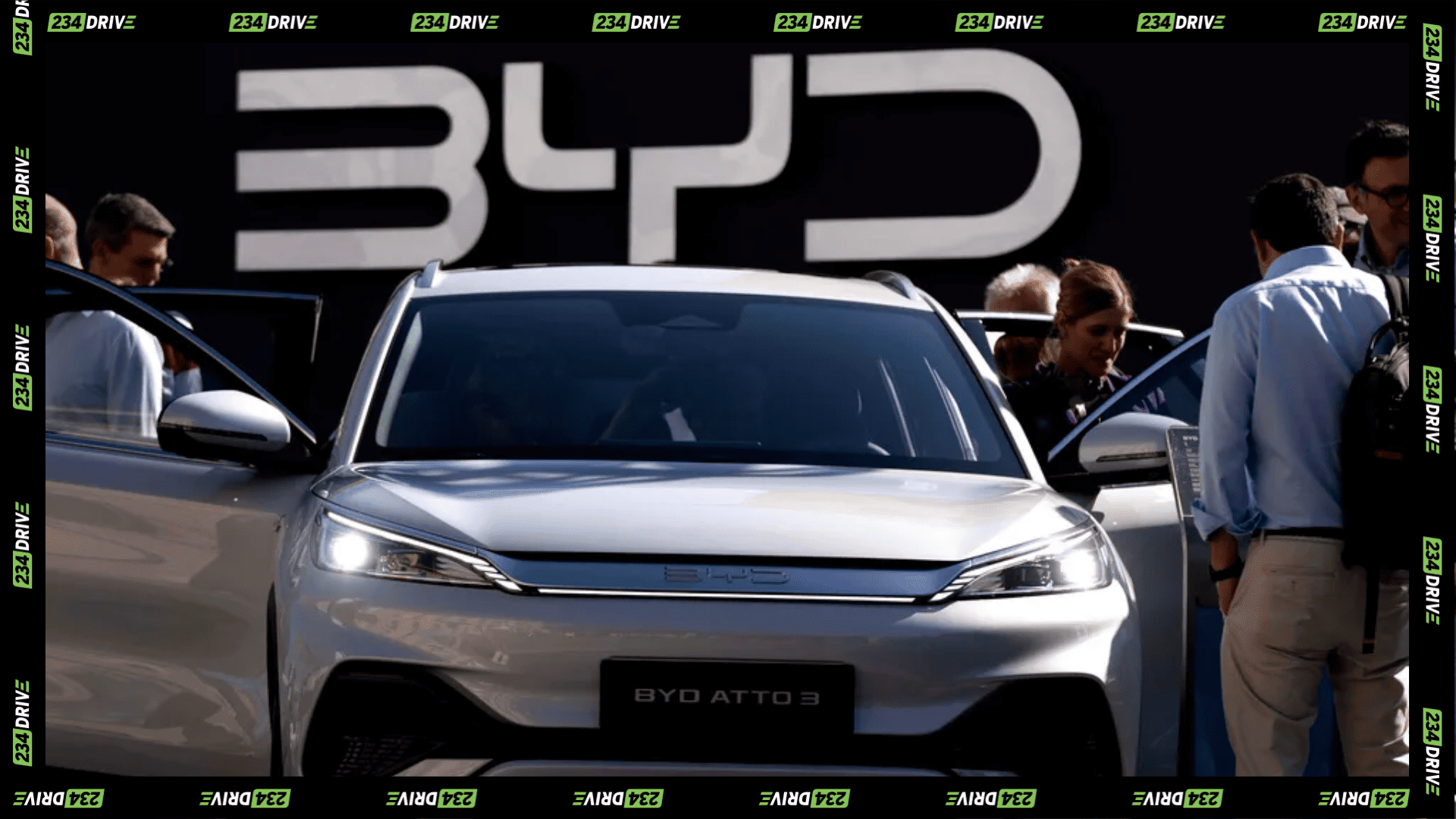Electric vehicles (EVs) are no longer just buzzwords. In Nigeria and across Africa, they are becoming real options for everyday life. This is especially true when it comes to long drives and big events. Recently, the BYD Atto 3 took a giant leap — from Lagos all the way to the Ojude Oba Festival(~110km), a glamorous cultural event in Ijebu Ode, Nigeria. This trip was undeniable proof that EVs can handle Africa’s roads, scenery, and busy traffic. Let’s dive into this adventure and see what it really takes to drive an electric car across Nigeria.
The Dawn of Electric Vehicles in Nigeria
Electric cars are gaining ground in Nigeria. More people now see EVs as cleaner, cheaper, and smarter choices. They cut down pollution and help reduce fuel costs. For Nigeria, with its growing population and traffic problems, EVs could be a real game-changer. Showing off an EV on a long road trip quickly proves these vehicles are not just city cars. They can really go the distance. The trip from Lagos to Ojude Oba Festival was a bold move—one that showed Nigeria is ready for electric-powered adventures.
The Journey Starts: Planning the Big Trip
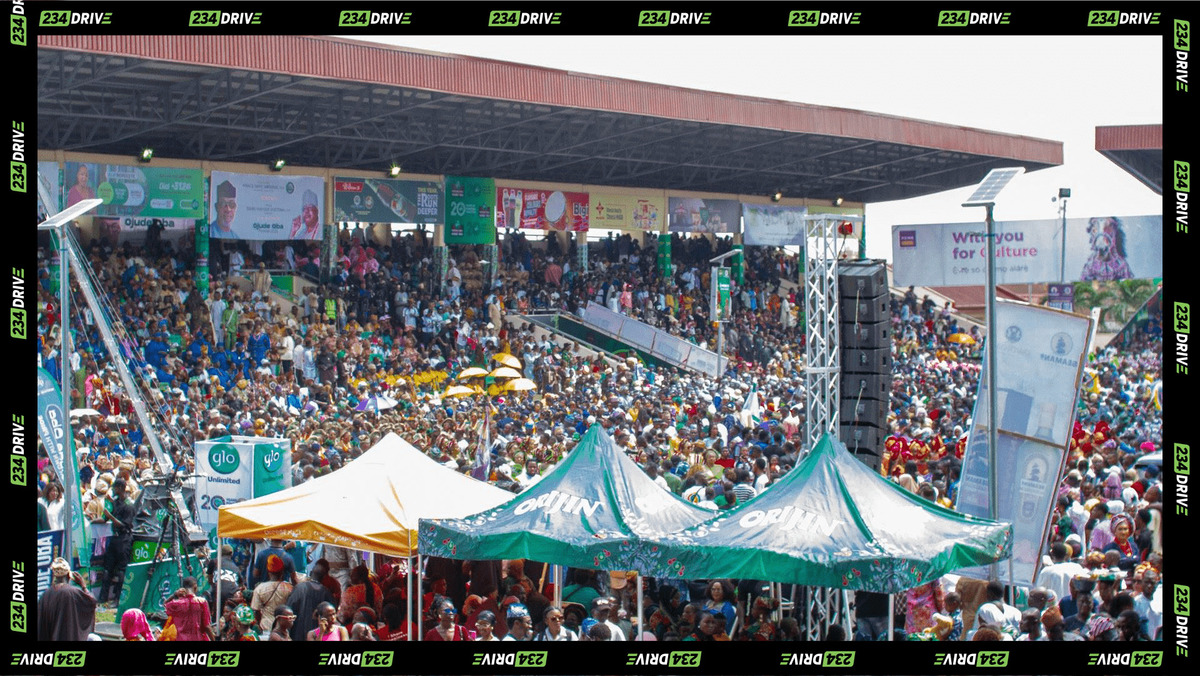
How We Prepared for the Lagos to Ojoba Trip
Taking a long drive in an electric vehicle in Nigeria isn’t as simple as filling up at a gas station. The team carefully scheduled the trip, mapped the best route, and planned where to charge the car. We chose the BYD Atto 3 because it offers a good battery range and smart tech. The intention was clear: go from Lagos to ijebu-Ode for the festival and return without running out of power.
Customising the EV for a Big Day
To make the EV stand out and reflect Nigeria’s culture, the team wrapped it with eye-catching print art. Protecting the paint and interior was a priority, especially during such a long trip. We also activated features like adaptive cruise control and traffic sign recognition to make driving safer and easier. Ambient lighting was set to give the car a lively vibe at night. Everything was set for a smooth journey.
How the BYD Atto 3 Performs on Nigerian Roads
The Car Features That Made a Difference
This electric SUV boasts a 98% charge at the start of the trip. It has a range suitable for long distances, with real-world performance staying strong throughout the journey. On the way, the battery dropped to 63%, still plenty to get us home. The car’s fast charging tech and safety systems like collision warnings kept us confident. Plus, the Smart Traffic Sign Recognition helped us stick to speed limits and avoid surprises on unfamiliar roads.
Navigating Rough Roads and Scenic Routes
Nigerian roads can be busy, full of surprises, and sometimes rough. Yet, the EV’s features like adaptive cruise control allowed us to relax. We could set the speed and let the car handle the rest. Scenic spots along the way, like lush lands and lively towns, made the drive more enjoyable. The EV’s efficiency was tested by traffic, stop-and-go traffic, and long stretches of open land.
Overcoming Challenges on the Road
One big worry is charging—will there be enough stations? To handle this, we planned stops at known charging points such as Lekki Mall, Saglev at Victoria Island, and Rest Hub in Epe and kept an eye on the battery. The EV’s range indicator helped us avoid range anxiety. For Nigerian drivers, understanding how to conserve and maximise battery life is key. Using eco-mode and avoiding heavy acceleration can stretch the range much further. It’s about smart driving, even in the heat and chaos of Nigerian traffic.
Experiencing Ojude Oba Festival in Style with the EV

Nigeria’s Iconic Cultural Gathering
Ojude Oba Festival is one of Nigeria’s most glamorous events, celebrating culture with dance, music, and colourful attire. It brings people from all over to witness traditional rites and modern celebrations. For visitors, this is a perfect spot to showcase what EVs can do—sustainable travel that respects tradition and the environment.
The Electric Car’s Role at the Festival
The BYD Atto 3 caught many eyes at Ojoba. Its sleek look, wrapped in bright print, turned heads among festival-goers. Some took photos, others asked questions about EVs and their future in Nigeria. Driving an electric car isn’t common here, but it worked to start conversations about green mobility. The vehicle was, in many ways, part of the event’s vibe—innovative and eco-friendly.
What’s Next for Electric Vehicles in Nigeria?
Making EVs a Daily Choice
This trip proves EVs can be practical. With better charging infrastructure, people can use EVs for daily commutes or long journeys. Tips for new EV owners? Stay aware of your battery range, plan your stops, and get familiar with eco-driving. As Nigeria improves its charging network, EV use will become easier and more affordable.
Building Better Infrastructure and Policies
Nigeria’s government is starting to support EV growth through policies and investments. More charging stations are being built, especially in major cities. Challenges like limited infrastructure and higher upfront costs still exist, but progress is happening. Local companies can help develop affordable electric vehicles suited for Nigeria’s roads and climate. This is where more innovation can make a big difference.
Conclusion: Nigeria’s Green Future is Moving Forward
The Lagos to ijebu-Ode trip was more than just an adventure — it was a statement. Electric vehicles like the BYD Atto 3 are ready for Nigeria’s roads, beaches, and festivals. They prove that eco-friendly drives are possible, fun, and practical. As Nigeria embraces EVs, we all can contribute to cleaner air, less traffic pollution, and a better future.
Now is the time to consider electric cars for your next trip or daily commute. With technology improving and infrastructure expanding, Nigeria is stepping into a new era of mobility. The roads are waiting — are you ready to drive green?
Want to see more electric adventures? Stay tuned and share your thoughts!




